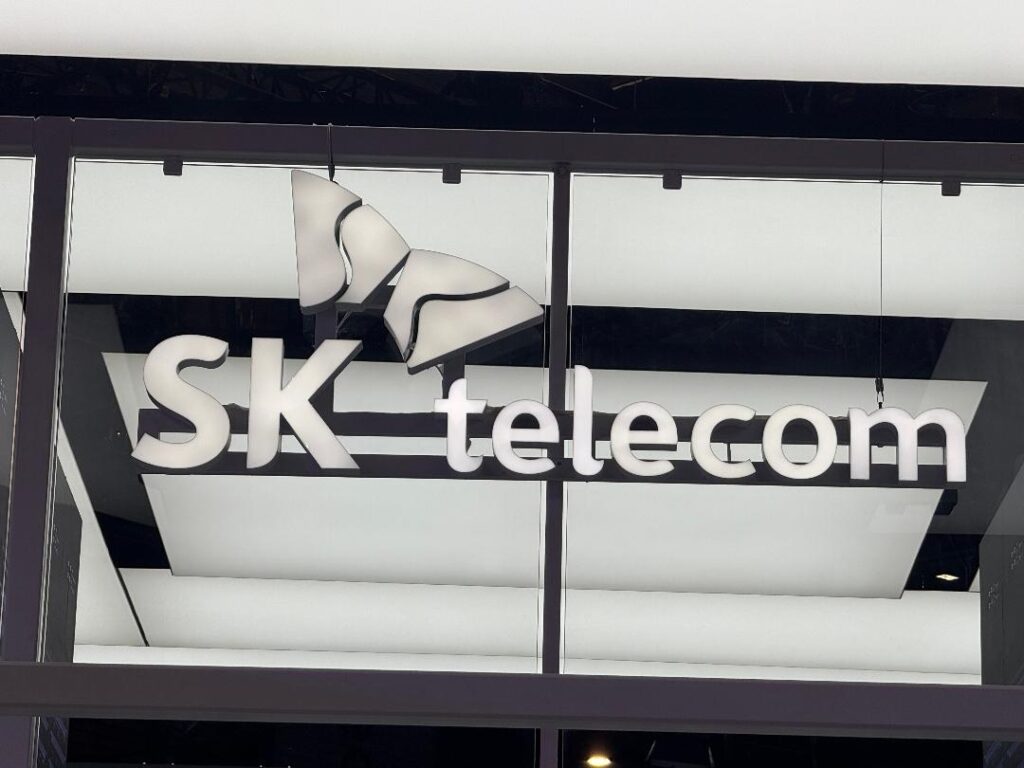Table of Contents
SK Telecom said the collaboration with OpenAI reflects its broader goal of building an “AI infrastructure superhighway” across South Korea
In sum – what to know:
SK Telecom is scaling national AI hubs – The OpenAI MoU and regional AIDC plan advance its “AI Infrastructure Superhighway,” linking multiple AI data center zones across Korea.
Two-tier growth strategy: self-reliance + cooperation – The company is consolidating internal expertise while securing global partners like AWS to build world-class GPUaaS, clustering, and MEP capabilities.
Ulsan AIDC anchors global ambitions – The AWS-backed hyperscale site will serve as an APAC AI hub, strengthening Korea’s role in the global AI compute ecosystem.
Korean operator SK Telecom is positioning itself at the center of Korea’s AI infrastructure expansion, with new hyperscale data center projects and a growing network of global partnerships. In an interview with RCR Wireless News, Oh Je-Hoon, team leader of the AIDC Biz strategy team at SK Telecom, said that the company’s collaboration with OpenAI—currently at the MoU stage—reflects its broader goal of building an “AI Infrastructure Superhighway” across the country.
When asked about the design and operational approach behind the planned Stargate Korea AI data center, SK Telecom said it cannot release specifics yet.
Still, the executive emphasized that the partnership aligns with SK Telecom’s strategy to develop regional AI hubs and strengthen Korea’s AI industry. “SK Telecom views its collaboration with OpenAI as a positive step toward building sustainable partnerships with leading global AI companies. By combining SK Telecom’s technology and infrastructure with those of a global partner, the company expects to contribute to the growth of Korea’s AI ecosystem.”
The project connects directly to SK Telecom’s “AI Infrastructure Superhighway” announced in 2024. That framework includes multiple regional AIDC developments, such as the large-scale hyperscale facility that SK Group and AWS began building in Ulsan this year. The AIDC under discussion with OpenAI is being considered for Korea’s southwest region, forming part of an emerging national network to support AI-driven city development, industrial clusters, and local digital economies.
Looking beyond Stargate Korea, SK Telecom frames its global AI infrastructure strategy around two pillars: self-reliance and cooperation. The company is expanding its role in the Asia-Pacific region through a new hyperscale AIDC in Ulsan that SK Telecom is building with AWS. That facility is expected to act as a major APAC hub for AI workloads and to support Korea’s growing role in global AI compute markets.
On self-reliance, SK Telecom is consolidating expertise across the broader SK Group. “SK Telecom is leveraging group-wide expertise across areas such as data center operations, AI semiconductors, and infrastructure design and construction. By consolidating these capabilities, the company aims to establish a stable and highly efficient system for building and operating AI data centers,” the executive said.
At the same time, cooperation with hyperscalers and AI infrastructure specialists remains central to the roadmap. “SK Telecom is reinforcing its AI infrastructure competitiveness through strategic partnerships with leading global AI infrastructure and cloud solution companies. These collaborations are enabling SK Telecom to achieve world-class capabilities in areas such as GPU-as-a-Service (GPUaaS) commercialization, AI clustering, and Mechanical, Electrical and Plumbing (MEP) efficiency,” the executive added.
SK Telecom has recently announced an organizational overhaul around a dual company-in-company (CIC) structure — one for its core mobile network operations (MNO) and the other for its AI business.
The AI CIC, launched in September, will focus on producing near-term business outcomes. It will operate as a flexible, project-based structure that can be reorganized quickly in response to market conditions. AI-related business areas will be grouped into B2C AI, B2B AI, digital platform services, and AI data center operations.



